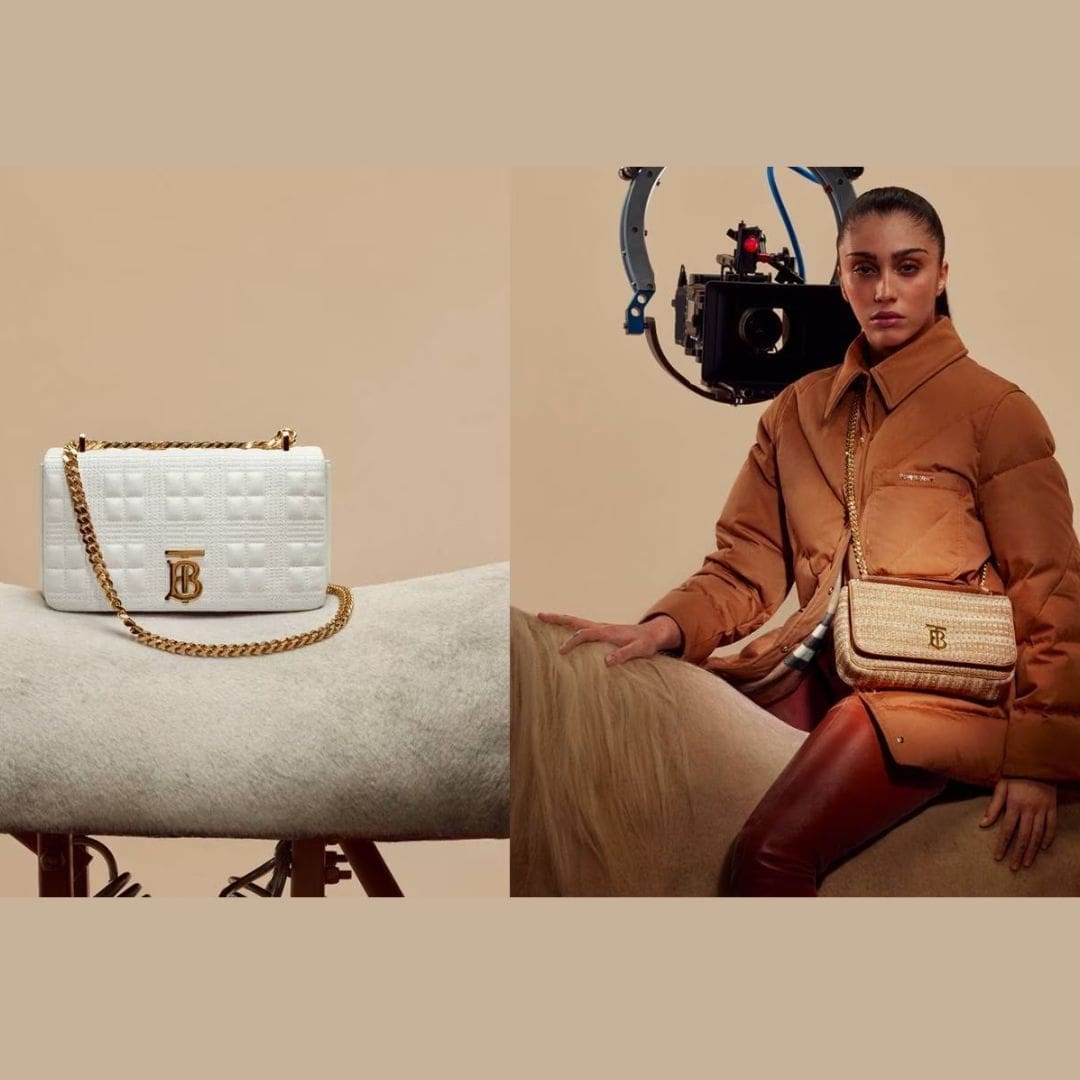Luxury goods makers Richemont and Burberry Group Plc lost almost a quarter of their sales in China as customers were kept at home by strict pandemic controls and a viral surge as the government loosened restrictions.
Richemont’s revenue from China plunged 24 percent last quarter, while Burberry’s comparable sales fell 23 percent in that crucial market, the companies said Wednesday. Both said sales grew elsewhere but struggled to make up for the slump.
Demand for luxury goods in China — the industry’s biggest growth engine — was muted by continued Covid-19 restrictions for much of last year. The abrupt end to its Covid Zero policy in early December led to a rapid spread of the virus that affected both supply and demand. Consumers were reluctant to head out to shops, while Richemont said so many employees were ill that many boutiques had to close or reduce their opening hours.
The turmoil is occurring just before the Chinese New Year, normally a peak season for luxury sales. Richemont shares slumped in Zurich trading before recovering and rising as much as 2.6 percent. Burberry was little changed in London.
Expectations are high for a V-shaped recovery in China once the infection surge abates. Richemont has reopened stores this month and traffic has come back, leading to a strong retail rebound, a spokeswoman for the company said.
Unilever, the consumer goods giant, is gearing up for “revenge spending” by Chinese households freed from lockdown after three years.
Rebound Ahead
Chief executive officer Alan Jope, speaking on a panel Tuesday at the World Economic Forum, said he expects a surge in consumption in the world’s second-biggest economy after it ended its Covid-Zero much sooner than anyone foresaw. “There’s 2 trillion of excess household savings in China right now,” Jope said. “That’s going to show up in travel, in domestic consumption.”
Richemont said Wednesday revenue rose 5 percent excluding currency shifts in the last three months of the year, missing analysts’ estimates. Last year the Swiss company had its fastest holiday-season sales growth in at least a decade as the luxury goods market recovered from the pandemic.
Burberry’s total comparable store sales rose 1 percent in the quarter, below the 1.4 percent gain analysts anticipated.

